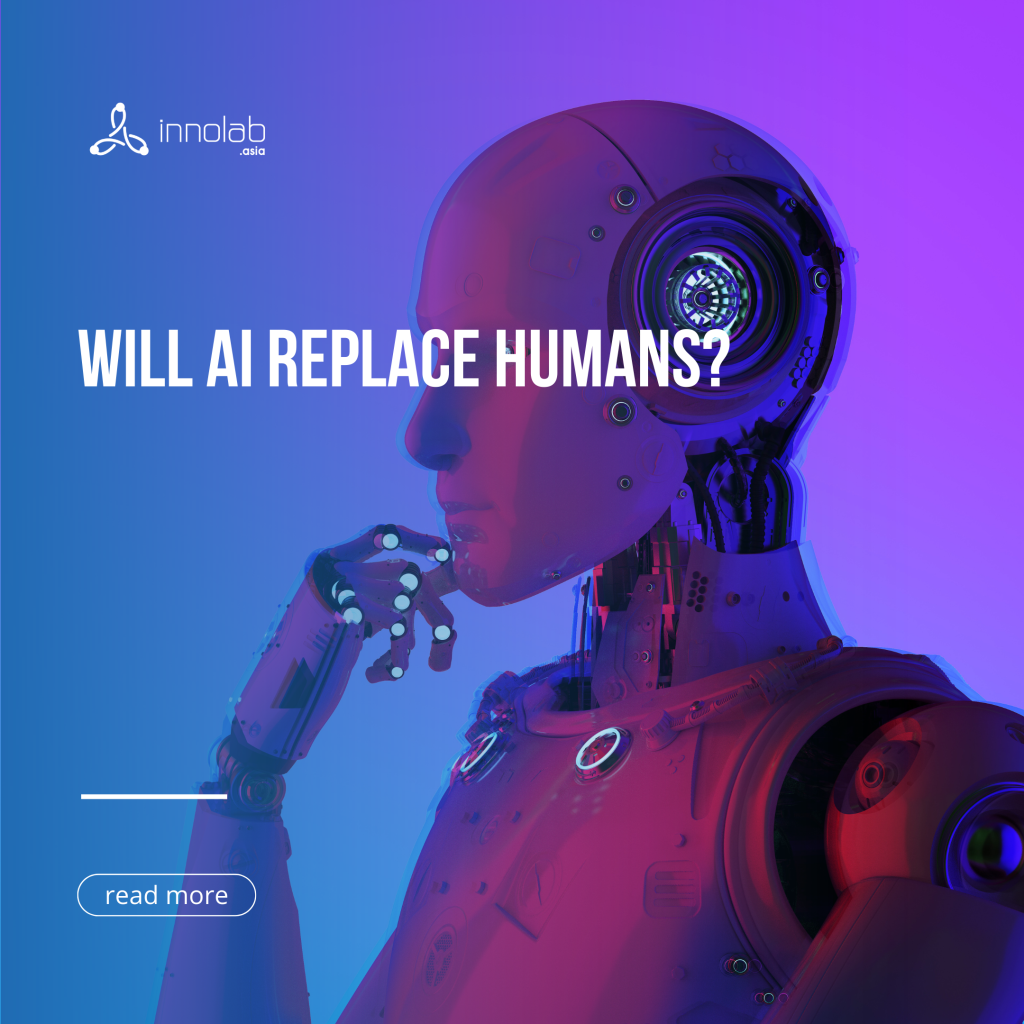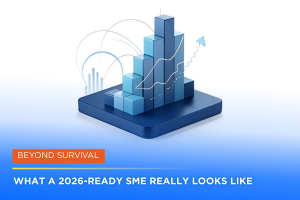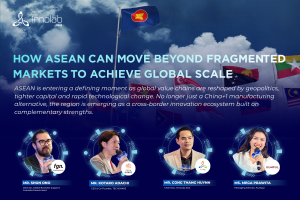AI is rapidly advancing, with major developments in machine learning, natural language processing, and computer vision. According to a recent report by McKinsey, AI could contribute up to $15.7 trillion to the global economy by 2030(1). However, this also raises concerns about the impact of AI on employment.
One field where AI is already replacing humans is manufacturing. Robots and other forms of automation have been used in factories for decades, but recent advancements in AI have led to the development of more sophisticated machines that can perform more complex tasks(2). This has led to a decline in manufacturing jobs in many countries. According to a report by the World Economic Forum, robots could displace up to 20 million manufacturing jobs by 2030(3).
Another field where AI is likely to replace humans is transportation. Self-driving cars are already being tested on public roads in many countries, and companies such as Uber and Lyft are developing autonomous taxi services. According to a report by the Center for Global Policy Solutions, autonomous vehicles could displace up to 3.5 million jobs in the United States alone(4).
Organizations today estimate that 34% of all business-related tasks are performed by machines, with the remaining 66% performed by humans. This represents a 1% increase on the level of automation estimated by respondents to the 2020 edition of the Future of Jobs Survey. This pace of automation contradicts expectations from respondents to the 2020 survey that almost half of business tasks would be automated in the following five years, possibly reflecting a view that machines and algorithms have augmented human performance rather than automating tasks in this period. Overall, relative to 2020, employers have revised their predictions for future automation down by 5% (from 47% automation by 2025 in 2020 to 42% automation by 2027 now). Task automation in 2027 is expected to vary from 35% of reasoning and decision-making to 65% of information and data processing (see Figure 1)(5).
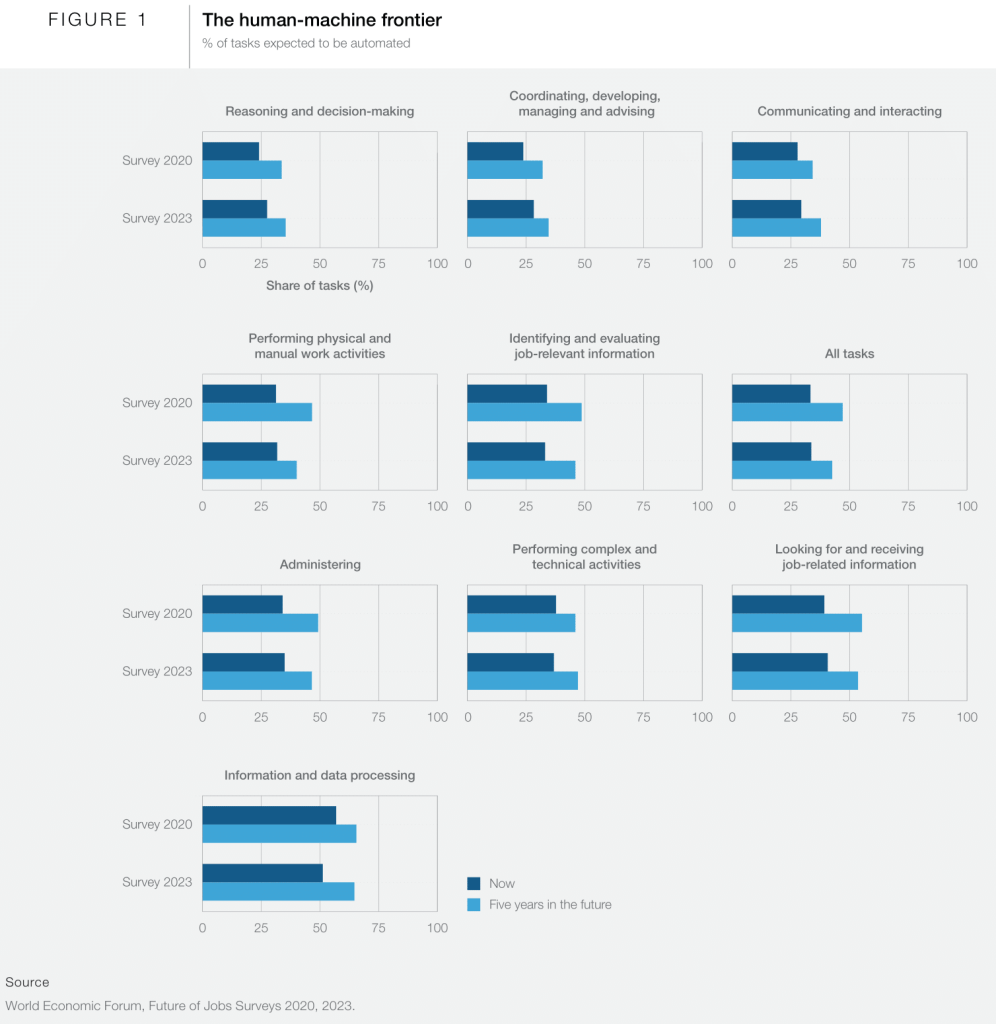
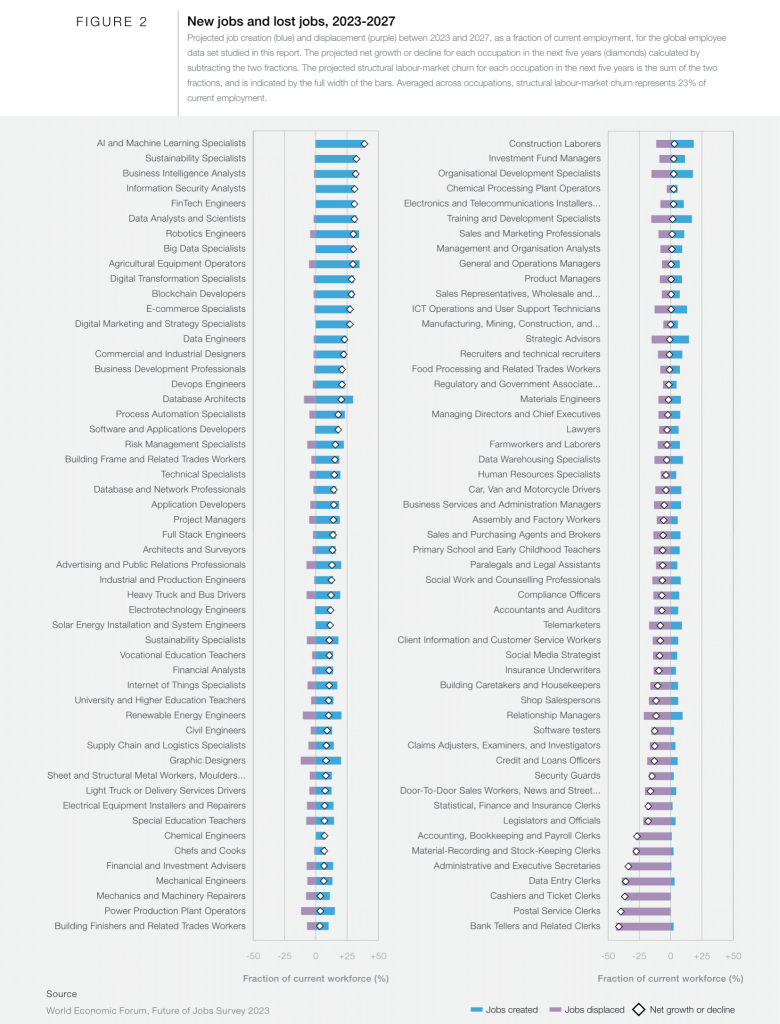
As we move towards a future where AI is becoming more prevalent, it is natural to wonder which jobs and industries will be impacted the most. While AI has the potential to automate many tasks, there are still fields where human skills are highly valued and cannot be replaced by machines. One such field is healthcare, where AI is being used to analyze medical data and develop new treatments, but it is unlikely to replace human doctors and nurses anytime soon. According to a report by the American Medical Association, AI will be a tool for doctors and not a replacement(6).
Similarly, there are other fields such as education, law, and creative industries where AI is less likely to replace humans. These fields require a high level of creativity, empathy, and interpersonal skills that cannot be replicated by machines. In education, for instance, teachers need to connect with their students on a personal level to provide effective learning experiences. In law, lawyers need to have strong analytical skills, but they also need to be able to communicate effectively with clients, judges, and juries. In the creative industries, such as design, writing, and music, AI can certainly help with some aspects, but ultimately, it is the human touch that makes a product truly exceptional.
Developing the essential skills mentioned above is a key factor for achieving career growth and success in the evolving job market. To enhance your skillset, there are various strategies you can follow.
To enhance creativity, it is important to practice brainstorming techniques regularly. Challenge yourself to think outside of the box and try new approaches to problem-solving. Expose yourself to new experiences and ideas through reading, attending workshops and events, or traveling. Collaborate with others to gain different perspectives and generate new ideas. Take breaks and allow time for daydreaming and relaxation, which can enhance creative thinking.
Empathy is an important skill to develop to connect with others and understand their perspectives. Practice active listening and seek to understand others’ perspectives without judgment. Put yourself in other people’s shoes and imagine how they might be feeling. Read books and watch movies or TV shows that explore different perspectives and experiences. Volunteering or participating in community service can help you interact with people from diverse backgrounds and gain empathy through shared experiences. Seek feedback from others on your communication and interpersonal skills to improve your ability to connect with others.
Effective communication is a vital component of interpersonal skills. Practice active listening, clarity in speech, and appropriate body language. Developing emotional intelligence is also important by being aware of your own emotions and understanding how they impact others. Practice conflict resolution skills and seek to find win-win solutions. Building strong relationships through networking, collaboration, and teamwork is important for enhancing interpersonal skills. Seek out opportunities for leadership and mentorship to develop your ability to influence and inspire others.
Staying up-to-date with the latest developments in AI and technology is also an important strategy. This can be achieved by attending conferences, taking courses or workshops, and reading industry publications. By staying informed, experienced professionals can identify new opportunities and adapt to changes in the job market. Developing these skills will not only make individuals more marketable in the future job market but also help them to succeed in their careers.
In conclusion, AI is rapidly advancing, and it is likely to replace humans in certain fields, such as manufacturing and transportation. However, there are also fields where AI is less likely to replace humans, such as healthcare and creative industries. Experienced professionals can take advantage of AI by developing complementary skills, staying up-to-date with the latest developments, and adapting to changes in the job market.
If you need any further consultancy, please kindly email us at hello@innolab.asia.
References:
- McKinsey Global Institute. (2018). Notes from the AI frontier: Insights from hundreds of use cases. Retrieved from https://www.mckinsey.com/~/media/mckinsey/featured%20insights/artificial%20intelligence/notes%20from%20the%20ai%20frontier%20applications%20and%20value%20of%20deep%20learning/notes-from-the-ai-frontier-insights-from-hundreds-of-use-cases-discussion-paper.ashx
- Christensen, C. M., & Overdorf, M. (2000). Meeting the challenge of disruptive change. Harvard Business Review, 78(2), 66-76.
- World Economic Forum. (2018). The Future of jobs report 2018. Retrieved from https://www.weforum.org/reports/the-future-of-jobs-report-2018
- Center for Global Policy Solutions. (2017). Autonomous vehicles and employment: The future is now. Retrieved from https://globalpolicysolutions.org/wp-content/uploads/2017/05/AV-and-Employment-The-Future-is-Now.pdf
- World Economic Forum. (2023). The Future of jobs report 2023. Retrieved from https://www.weforum.org/reports/the-future-of-jobs-report-2023
- American Medical Association. (2018). The role of augmented intelligence (AI) in health care. Retrieved from https://www.ama-assn.org/system/files/2019-01/augmented-intelligence-health-care.pdf
- World Economic Forum. (2020). The Future of jobs report 2020. Retrieved from https://www.weforum.org/reports/the-future-of-jobs-report-2020

